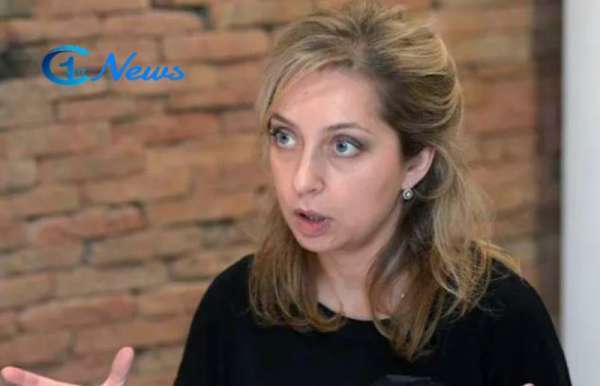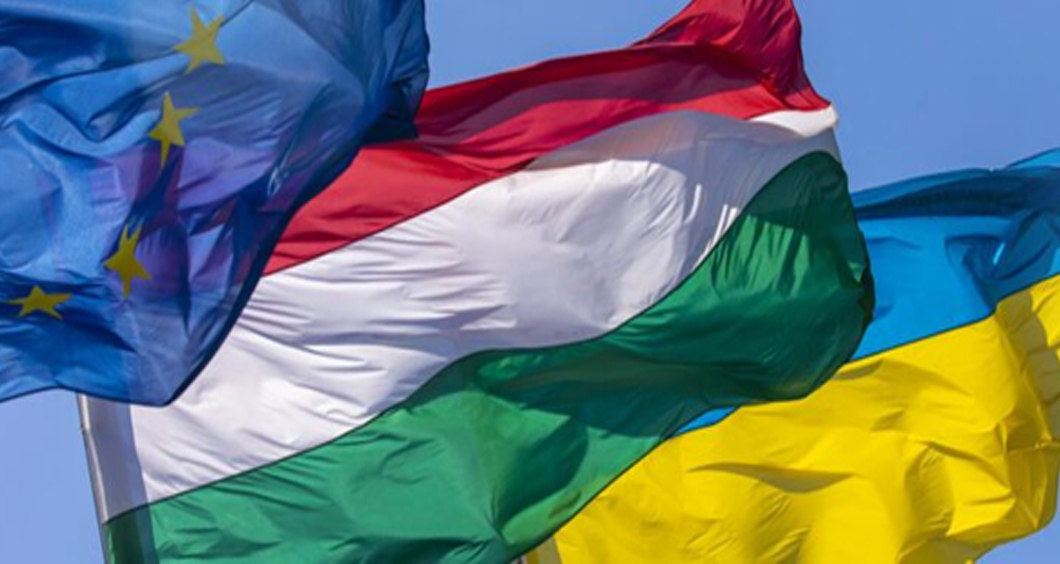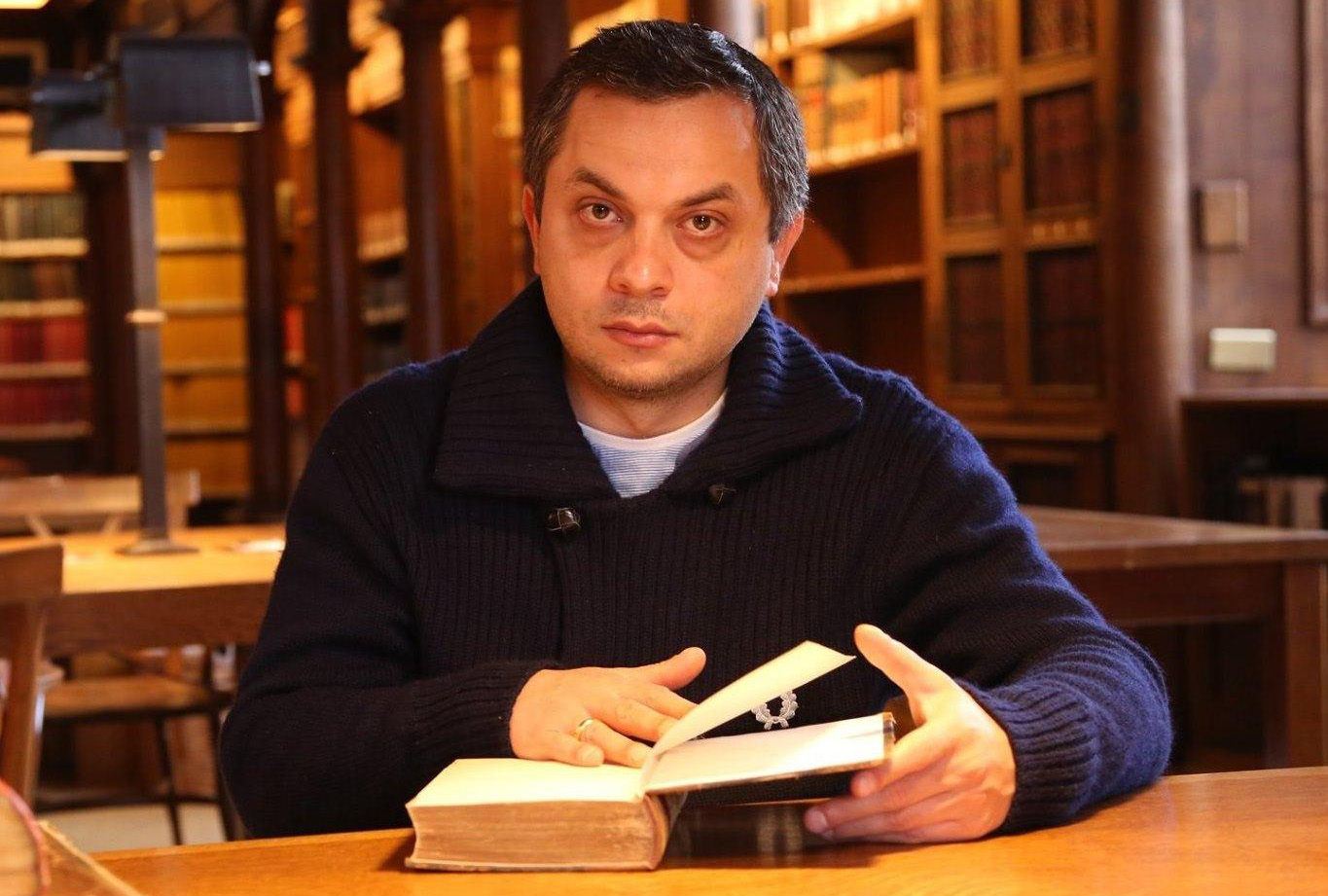
Nino Kalandadze's interview on FirstNews.ge
In a conversation with FirstNews.ge, director of "Ilia Chavchavadze Center" Nino Kalandadze evaluated the statements of "People's Power" movement.
- In your opinion, what role does the "People's Power" movement play in politics?
- In the midst of the Russia-Ukraine conflict, "Georgian Dream" encountered certain challenges. On the one hand, it must continue to be covert and presumably pro-Western in order to preserve its legitimacy. On the other hand, with Moscow in such a precarious situation, Kremlin-allied countries must now clearly support Russia. Bidzina Ivanishvili therefore developed a second satellite to communicate her true policy. Ivanishvili's approach is essentially an open attack on the West by this ostensibly autonomous force, undermining liberal ideals, and repeating of Russian clichés. The first target of these utterances is the West, whom the oligarch Ivanishvili says that he (the West) has no place here. The next recipient is Moscow, who is receiving a clear message that nothing has changed in Georgia and that "Georgian Dream" will keep advancing Russian interests here. It's fortunate that this force serves as an example and exposes the Ivanishvili regime's true nature more obvious by outright portraying it as an enemy of both Western and Russian interests. While Georgia has a rare opportunity to approach the European Union through legitimate channels and obtain candidate status, this fact may also have a dangerously detrimental effect on our country's perception of Europe. Because the fact that the so-called Separated Ones do not explicitly enunciate Ivanishvili's beliefs does not mislead anyone.
- How would their remarks impact the West's, particularly America's, policies toward Georgia?
- Georgia is still viewed as a strategic ally by the United States. Furthermore, it becomes even more crucial for them to maintain Georgia's pro-Western course in light of Russia's waning influence and Turkey's growing influence in the area. Therefore, it is difficult to conceive that Washington will give up on Georgia in this circumstance due to Ivanishvili's strategy. It will, however, slow down and prolong the process of Western growth and integration, which will make the already challenging political and socioeconomic climate worse.
During our conversation with Nino Kalandadze, she also addressed the findings of the IRI study.
Will respond to our question: What did the research reveal about the political climate we currently inhabit?
"The IRI analysis paints Georgia in a gloomy light. On the one hand, people in Georgia no longer have faith in a fruitful political system. They don't think the current political parties and leaders will result in improvements for them. As a result, they are no longer interested in taking part in politics. As a result, the "Georgian dream" continues to have an illusory advantage, but only at the price of the lack of a viable replacement. The opposition leaders and the programs they create are demonized, and there has never been less trust in them. Therefore, there is no resource that might alter the current injustice and persuade voters of the country's growth outlook, according to Nino Kalandadze.
We remind you that the International Republican Institute (IRI) has published the results of a public opinion survey, according to which 88% of respondents express their favor towards Patriarch Ilia II. Irakli Gharibashvili is seen favorably by 44% of respondents, Kakha Kaladze by 51% of respondents, and Ana Dolidze by 40% of respondents. Salome Zurabishvili, Davit Usupashvili, and Nino Lomjaria are viewed favorably by 38% of respondents, while Giorgi Gakharia and Giorgi Vashadze are liked by 37% of respondents each.
36% of respondents have positive opinions about Bidzina Ivanishvili. Irakli Kobakhidze is liked by 34% of respondents. Elene Khoshtaria, Mikheil Saakashvili, and Shalva Natelashvili each get 33% support. 32 percent of people approve of Nika Melia. 31% of respondents say they support Khatia Dekanoidze. Aleko Elisashvili (30%), Mamuka Khazaradze (29%), Shalva Papuashvili (28%), Zurab Girchi Japaridze (26%), Badri Japaridze (23%), Giga Bokeria (17%), and Khatuna Samnidze (15%) are also on the list.
Regarding confidence and goodwill toward institutions, 74% support the Georgian army. 68% have faith in the patriarchy. 63% of respondents like the police. 59% of the population approves of the local government. 55% of respondents show support for the Georgian media. 50% of people favor the Office of the Public Defender, while 54% like the Ministry of Justice. The public education system has the support of 49% of respondents. The Prime Minister's office is liked by 42% of respondents, the CEC by 41%, the Georgian Parliament by 39%, and the courts by 37%.



